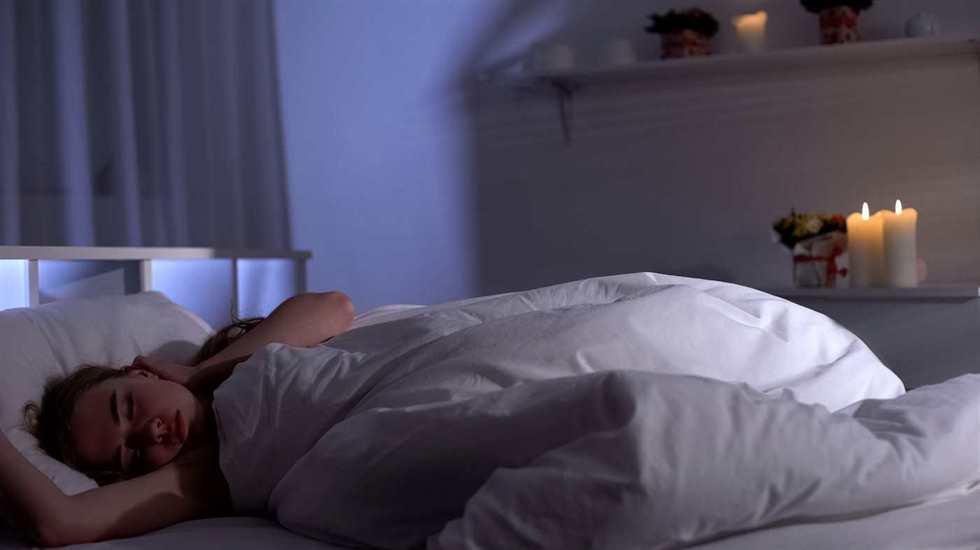
Everyone knows how uncomfortable it can be to sleep in a stuffy or a cold room – but most people are unaware of the effects it has on the body. Temperatures that are too hot or cold reduce the quality of your resting hours. Overall, poor sleep will negatively impact your health. How does temperature affect your slumber?
Let’s start by discussing what happens when your bedroom is too warm. Just before you fall asleep, your body seeks to cool down a few degrees; in a hot room, this essential process is interrupted. A warm house with high humidity can cause restlessness at night. When you doze off in the heat, your body sweats to lower your temperature – this means that your energy is spent on thermoregulation instead of attaining a quality sleep. There are also downsides to sleeping in a room that is too cold – because the temperature is not ideal, your body will start to shiver to produce heat. As this is the opposite of resting, the outcome is a reduced amount of deep sleep. Shivering can even wake you up, causing further disruption. Whether your room is too hot or too cold, both ends of the temperature spectrum impede your quality of sleep.
A full night’s sleep is essential for maintaining good health. Both extreme ends of the temperature spectrum cause a REM sleep deficiency. The effects of this are worrisome; it can increase your risk of obesity, cause memory problems, and inflammatory issues. A night of bad slumber can interfere with learning new information and worsen anxiety or depression. The importance of a good night’s sleep goes beyond feeling well-rested; it also involves your overall health and well-being. To keep your body functioning and feeling its best, select an optimal temperature for sleeping. An uncomfortable room will make it more likely that you will wake up during the night.
With all this in mind, the way to achieve an ideal sleep is to have a bedroom that isn’t too warm or too icy. Sleep experts recommend setting the thermostat around 18.3°C (or 65°F) and adjusting it a few degrees, up or down, based on your personal preferences. The ambient temperature is also affected by the number of blankets you use; if you prefer a heavy duvet, set the temperature a little cooler. Consider seasonal factors – if there is high humidity during the summer, you will want an even cooler temperature to reach optimal sleeping conditions.
To ensure the best quality of sleep, you will need a powerful and reliable HVAC system. A thermostat that uses a timer will allow you to set a custom temperature during sleeping hours, like automatically cooling the air after sundown. For a comfortable night of rest, invest in an energy-efficient heating and cooling system. It will make certain that you achieve that Goldilocks temperature zone so you can sleep soundly. Looking for air conditioning service in Winnipeg? Provincial Heating and Cooling has the expertise to deliver quality installations and maintain all types of AC systems. Get a great night of sleep by upgrading your HVAC system with the help of Winnipeg’s heating and cooling experts.

